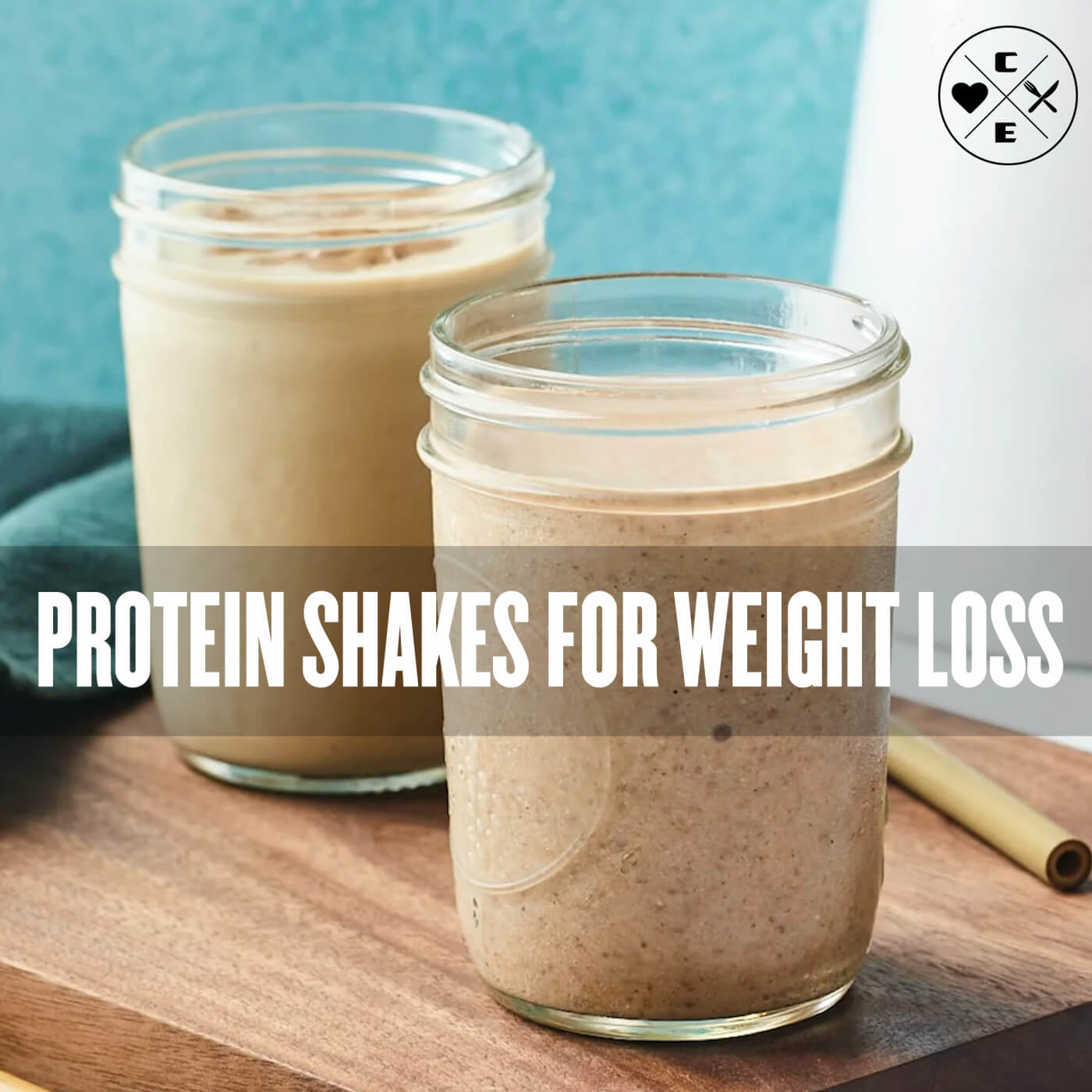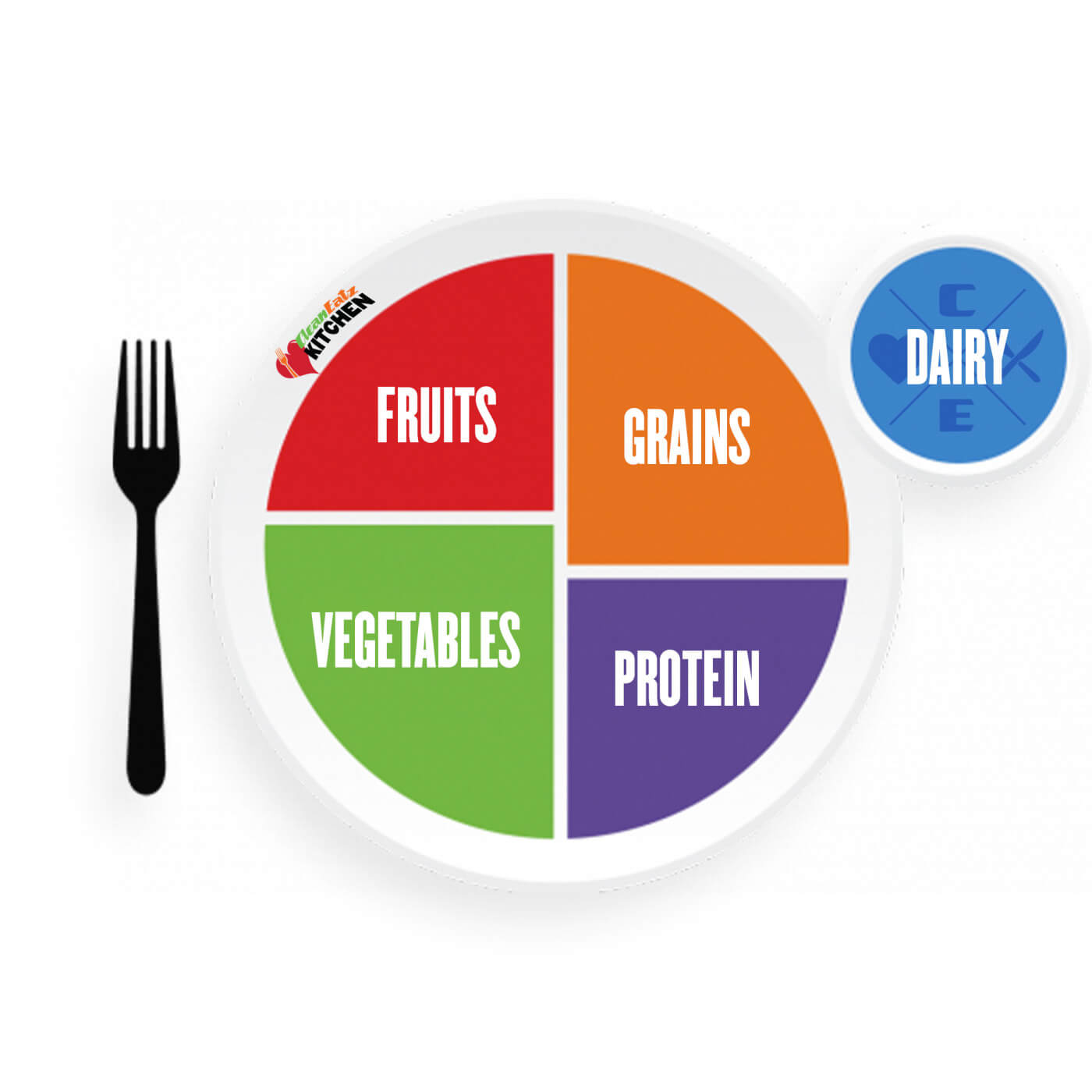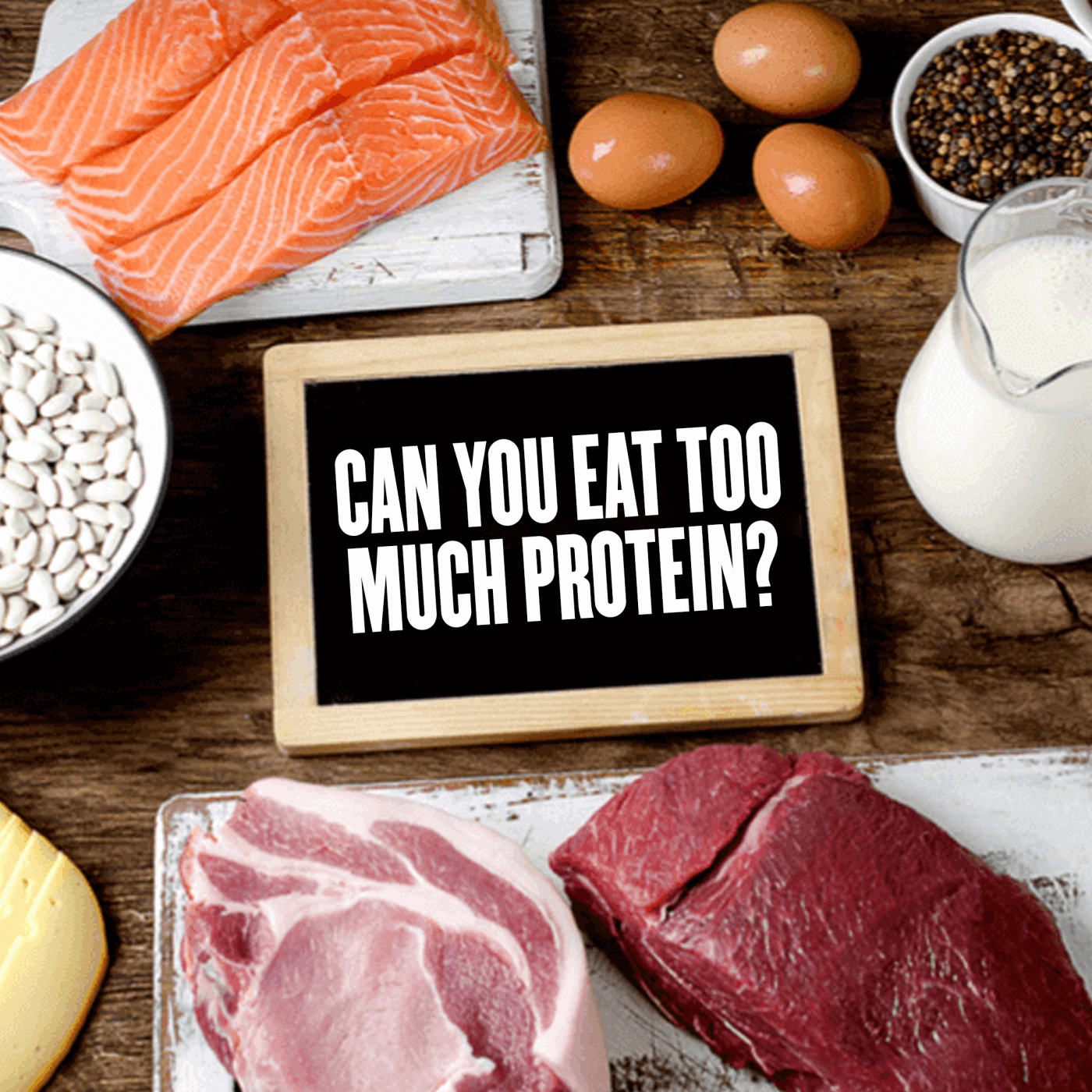In today's world, where weight loss programs are gaining immense popularity, many individuals are turning to protein shakes to enhance their metabolism and shed unwanted pounds. But the question is, are protein shakes good for weight loss?
Protein shakes are supplements or alternative source of dietary protein that offers various benefits beyond supporting a healthy metabolism and curbing appetite. However, there's more to understand about protein shakes before incorporating them into your weight loss plan.
In this article, we will delve deeper into the wonders of protein shakes. We will cover the following:
- Protein shakes and their types
- Are protein shakes good for weight loss?
- Which factors to consider when choosing protein shakes for weight loss?
- Risks of taking protein shakes for weight loss
- How to use protein shakes for weight loss?
What Are Protein Shakes?
Protein shakes are supplemental drinks with high protein content. It serves as a fast and easy option to get the essential amino acids the body needs.
Protein quantities, kinds, flavors, and formulations vary widely for different person's nutritional needs. Protein shakes are made by diluting the protein powder with water or other preferred liquid, such as milk.
Some gym-goers or athletes use protein shakes during their pre-and post-workout routines. And some health-conscious individuals use this as one of their protein alternatives.
Different Types of Protein Shakes
Be aware that all protein shakes do not have the same formulation! You must be mindful that different protein shakes are available in the supplements market via stores or online. All you have to do is make sure that you choose healthy protein shakes for weight loss that fit your needs.
Here are the different types of protein powders that you can choose from:
Dairy-based Protein Powders
Dairy-based protein powders offer a rich and diverse range of options to fuel your fitness goals. Derived from milk, these protein powders are packed with essential amino acids that support muscle growth, recovery, and overall health. These are the two main dairy-based protein powders:
Whey protein: Whey protein is the most popular protein powder derived from milk. This supplement contains high-biological value protein (HBV), which can be easily absorbed by the body, giving it an excellent boost of all nine essential amino acids.
Casein protein: Just like whey, casein is another type of protein powder that is derived from milk. It's a slow-digesting protein that can make you feel fuller for extended periods.
Plant-based Protein Powders
Plant-based protein powders offer a natural and sustainable alternative for individuals seeking to supplement their protein intake. Derived from sources like peas, hemp, soy, and rice, these powders provide a wide range of essential amino acids necessary for muscle repair and growth. These are the main plant-based protein powders:
Soy protein:
Hemp protein:
Pea protein:
Rice protein:
Are Protein Shakes Good For Weight Loss?
Note that protein shakes are nutritional supplements that can be used as meal replacements.
Research has revealed that protein shakes can effectively work as weight-loss support by helping you control your hunger and appetite.
As a result, the dense amount of protein you get from protein shakes can help curb food cravings and decrease your tendency to eat extra calories. After all, the body takes more time to digest protein than carbohydrates.
According to a study conducted in 2017, participants with metabolic syndrome who adhered to a high-protein diet could lose weight effectively compared to those who only followed a standard-protein diet.
What makes clean protein bars stand out from other protein sources is their convenient form. Unlike protein shakes, which are taken in liquid form and do not provide much bulk to the stomach, clean protein bars offer a portable and satisfying option. However, it's important to remember that relying solely on protein bars or smoothies won't necessarily yield the weight loss results you seek. To achieve your desired goals, incorporating regular physical activities, such as gym sessions or outdoor sports, is crucial. Health experts emphasize that without exercise, you're more likely to surpass your daily calorie requirements, potentially leading to unwanted weight gain.
Aside from exercising, we recommend that you stick to a healthy and balanced diet consisting of whole foods such as complex carbs, fruits, vegetables, and lean proteins.
As protein shakes are supplements used by people looking to lose weight, what else can they do? Here are some of the significant benefits that you can get from drinking protein shakes:
- It can serve as a convenient source of protein, especially when you have limited access to protein-rich foods.
- It can help build and strengthen your muscles.
- It supports quick muscle recovery and injury recovery.
8 Factors to Consider When Choosing Protein Shakes for Weight Loss
Choosing the right protein shake for weight loss can make a significant difference in your fitness journey. With numerous options available in the market, it's essential to consider several factors to ensure you're selecting a shake that aligns with your goals and preferences.
- Ingredients: Look for protein shakes that use natural and wholesome ingredients, avoiding artificial additives, excessive sugars, and unhealthy fats.
- Protein content: Check the protein quantity per serving and choose shakes that provide enough protein to support your weight loss goals. Opt for high-quality protein sources like whey, casein, soy, or pea protein.
- Essential amino acids: Ensure that the protein shake contains a complete profile of essential amino acids necessary for the body's functions and muscle growth.
- Carbohydrate and fat content: Consider the carbohydrate and fat content of the shake, aiming for a balanced ratio that aligns with your dietary needs and supports your weight loss efforts.
- Dietary preferences: Consider your personal dietary choices, such as vegan or lactose-free options. Choose plant-based protein powders if needed, such as soy, hemp, or pea protein, and be mindful of any food allergies or sensitivities you have.
- Taste and texture: Select a protein shake with flavors and textures that you enjoy, as this will increase your compliance and adherence to your weight loss plan.
- Brand reputation: Choose protein shakes from reputable brands known for their quality and safety. Look for trusted brands with a good reputation in the market.
- Price and accessibility: Consider the cost and availability of the protein shake, ensuring it fits within your budget and is easily accessible for long-term use and convenience.
Potential Risks of Taking Protein Shakes for Weight Loss
While protein shakes can benefit weight loss, it's essential to be aware of potential side effects and take necessary precautions. Here are some possible side effects and precautions associated with taking protein shakes:
- Digestive issues: Some individuals may experience bloating, gas, or upset stomach when consuming protein shakes. Adjusting the serving size or trying different types of protein shakes can help alleviate these symptoms.
- Allergic reactions: Protein shakes may contain allergens like milk, soy, eggs, or tree nuts. Check the label carefully and avoid shakes with ingredients you are allergic to. Consult with a healthcare professional if you have known allergies.
- Kidney strain: Excessive protein consumption can strain the kidneys, especially for those with kidney conditions. Maintain a balanced protein intake and seek advice from a healthcare professional if you have concerns about kidney health.
- Nutrient imbalance: Relying solely on protein shakes for nutrition can lead to nutrient imbalances. Incorporate a variety of whole foods to ensure a wide range of nutrients.
- Unintended weight gain: Consuming protein shakes excessively without considering overall calorie intake can result in unintentional weight gain. Be mindful of portion sizes and use protein shakes as part of a well-rounded diet plan.
- Interactions with medications: Protein shakes may interact with certain medicines, particularly those related to kidney function or metabolism. Consult with a healthcare professional to ensure no contraindications or adverse effects.
- Quality and safety: Purchase protein shake from reputable brands and sources. Look for certifications and third-party testing to ensure quality and safety.
How to Use Protein Shakes for Weight Loss?
Using protein shakes for weight loss can be an effective strategy to support your fitness goals. However, you must know how to properly use protein shakes to maximize the weight loss benefits. Here’s a step-by-step approach to using healthy protein shakes for weight loss, ensuring you achieve the desired results in a healthy and sustainable way.
Step 1: Set your weight loss goals.
Step 2: Choose the right protein shake.
Step 3: Replace a meal or snack.
Step 4: Control portion sizes.
Step 5: Time your protein shake consumption strategically.
Step 6: Follow a balanced diet.
Step 7: Stay hydrated.
Step 8: Monitor progress and make adjustments.
Final Thoughts
Are protein shakes good for weight loss? Absolutely. When used appropriately and in conjunction with a balanced diet and exercise, healthy protein shakes for weight loss can have multiple benefits. While they can provide convenience and a convenient source of protein, it's essential to consider them as part of a comprehensive approach to weight loss that includes whole foods and a healthy lifestyle. They provide a convenient source of high-quality protein and can help control hunger. However, it's important to consider factors like protein content, ingredients, and potential risks. Protein shakes should supplement, not replace, whole foods, and their effectiveness depends on your overall lifestyle. By making informed choices and incorporating protein shakes wisely, you can support your weight loss journey effectively.
FAQ
Are protein shakes good for pregnancy?
It is recommended to consult with a healthcare professional before consuming protein shakes during pregnancy. While protein is an essential nutrient for both the mother's and baby's health, it is crucial to ensure that the protein shake ingredients are safe for pregnancy and do not contain harmful substances or excessive amounts of certain nutrients.
Are protein shakes good for diabetics?
Protein shakes can be consumed by individuals with diabetes, but it is essential to choose shakes that are specifically formulated for diabetics or have a low glycemic index. These shakes should be consumed in moderation as part of a well-balanced meal plan that considers the individual's blood sugar levels, overall carbohydrate intake, and medication regimen. It is recommended to consult with a healthcare professional or registered dietitian for personalized recommendations.
Can I drink protein shakes without working out?
Protein shakes can be consumed even if you are not engaged in regular exercise. However, it is essential to consider your overall dietary needs and ensure that the protein shake fits your daily calorie and nutrient requirements. If you are not exercising, obtaining your protein from whole food sources may be more appropriate rather than relying solely on protein shakes. Remember that protein shakes should only be used as a meal replacement after considering the overall balance of your diet.
How often should I drink protein shakes for weight loss?
The frequency of consuming protein shakes for weight loss can vary depending on individual goals, dietary preferences, and overall nutrition plan. As a general guideline, it is recommended to incorporate protein shakes into your diet as a meal replacement or snack option 1-2 times a day. This can help control hunger, support muscle recovery, and contribute to a calorie deficit. However, it's important to maintain a balanced and varied diet by including whole foods rich in nutrients as well. Consulting with a healthcare professional and registered dietitian can provide personalized recommendations based on your specific needs and goals.




